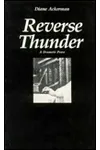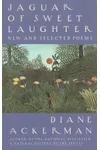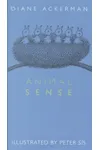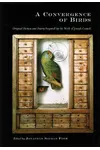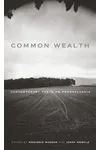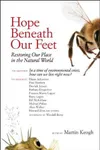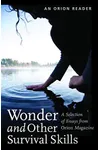Picture an American poet weaving science and wonder into lyrical prose—meet Diane Ackerman! Born in Waukegan, Illinois, this celebrated author, poet, and naturalist has captivated millions with her ability to make the ordinary extraordinary. From the bestselling The Zookeeper’s Wife to the sensory delight of A Natural History of the Senses, Ackerman’s work invites readers to see the world through a kaleidoscope of curiosity and awe.
With a molecule named after her—dianeackerone, a crocodilian pheromone—and a legacy that spans literature, science, and nature writing, Ackerman’s storytelling is as vibrant as the natural world she champions. Her prose dances between poetic musings and scientific insight, earning her accolades like the PEN Henry David Thoreau Prize and a Pulitzer Prize nomination.
The Making of Diane Ackerman
Born on October 7, 1948, Diane Ackerman grew up in rural Waukegan, Illinois, where her love for nature blossomed. As a child, she saw plums in an orchard as bat-like metaphors, sparking her poetic sensibility. After moving to Allentown, Pennsylvania, at age eight, she devoured books and honed her craft. Ackerman earned a BA in English from Pennsylvania State University and an MA, MFA, and PhD from Cornell University, where she worked with astronomer Carl Sagan. This blend of literary and scientific influences shaped her unique voice. She began her career with poetry, publishing The Planets: A Cosmic Pastoral in 1976, and soon expanded into essays and nonfiction, blending her passions for nature and human experience.
Diane Ackerman’s Unforgettable Works
Ackerman’s bibliography sparkles with diversity, from poetry to narrative nonfiction. A Natural History of the Senses (1990) is a sensory feast, exploring smell, taste, touch, hearing, and sight with lush prose and scientific curiosity. It inspired a PBS Nova miniseries, Mystery of the Senses, hosted by Ackerman herself. The Zookeeper’s Wife (2007), a New York Times bestseller, tells the true story of Jan and Antonina Zabinski, who sheltered Jews in their Warsaw Zoo during World War II. Adapted into a 2017 film starring Jessica Chastain, it showcases Ackerman’s knack for weaving history, humanity, and nature.
The Human Age: The World Shaped by Us (2014) tackles the Anthropocene, celebrating human ingenuity while grappling with our environmental impact. It won the National Outdoor Book Award and the PEN Henry David Thoreau Prize. One Hundred Names for Love (2011), a Pulitzer Prize finalist, is a poignant memoir about her husband Paul West’s stroke and recovery, blending neuroscience with heartfelt storytelling. Ackerman’s style—lyrical, accessible, and deeply curious—bridges art and science, inviting readers to marvel at the world’s complexity.
Why Diane Ackerman Matters
Diane Ackerman’s work transcends genres, inspiring readers to reconnect with nature and humanity. Her ability to distill scientific concepts into poetic narratives has made her a beacon in nature writing, influencing environmental awareness and literary craft. Awards like the John Burroughs Nature Award and her election to the American Academy of Arts & Sciences reflect her impact. Ackerman’s global research—studying whales in Patagonia, penguins in Antarctica, or endangered tamarins in Brazil—embodies her ethos: to live curiously and celebrate life’s mysteries.
- Born: October 7, 1948, in Waukegan, Illinois
- Key Works: A Natural History of the Senses, The Zookeeper’s Wife, The Human Age, One Hundred Names for Love
- Awards: PEN Henry David Thoreau Prize, National Outdoor Book Award, Pulitzer Prize finalist
- Fun Fact: A crocodilian pheromone molecule is named dianeackerone after her!
About Diane Ackerman
Snag A Natural History of the Senses and dive into Diane Ackerman’s vibrant world of wonder!

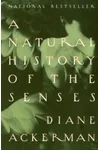
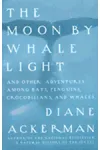
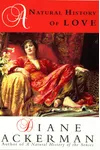

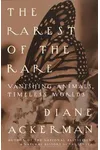


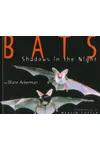

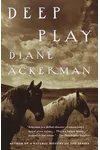
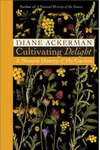
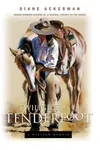
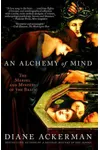
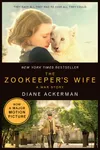
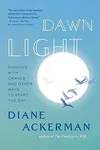

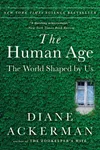
![The Planets: A Cosmic Pastoral[Poems]](https://images.booksonboard.com/books/117524/thumbnail/The-Planets-A-Cosmic-Pastoral-Poems.webp)


